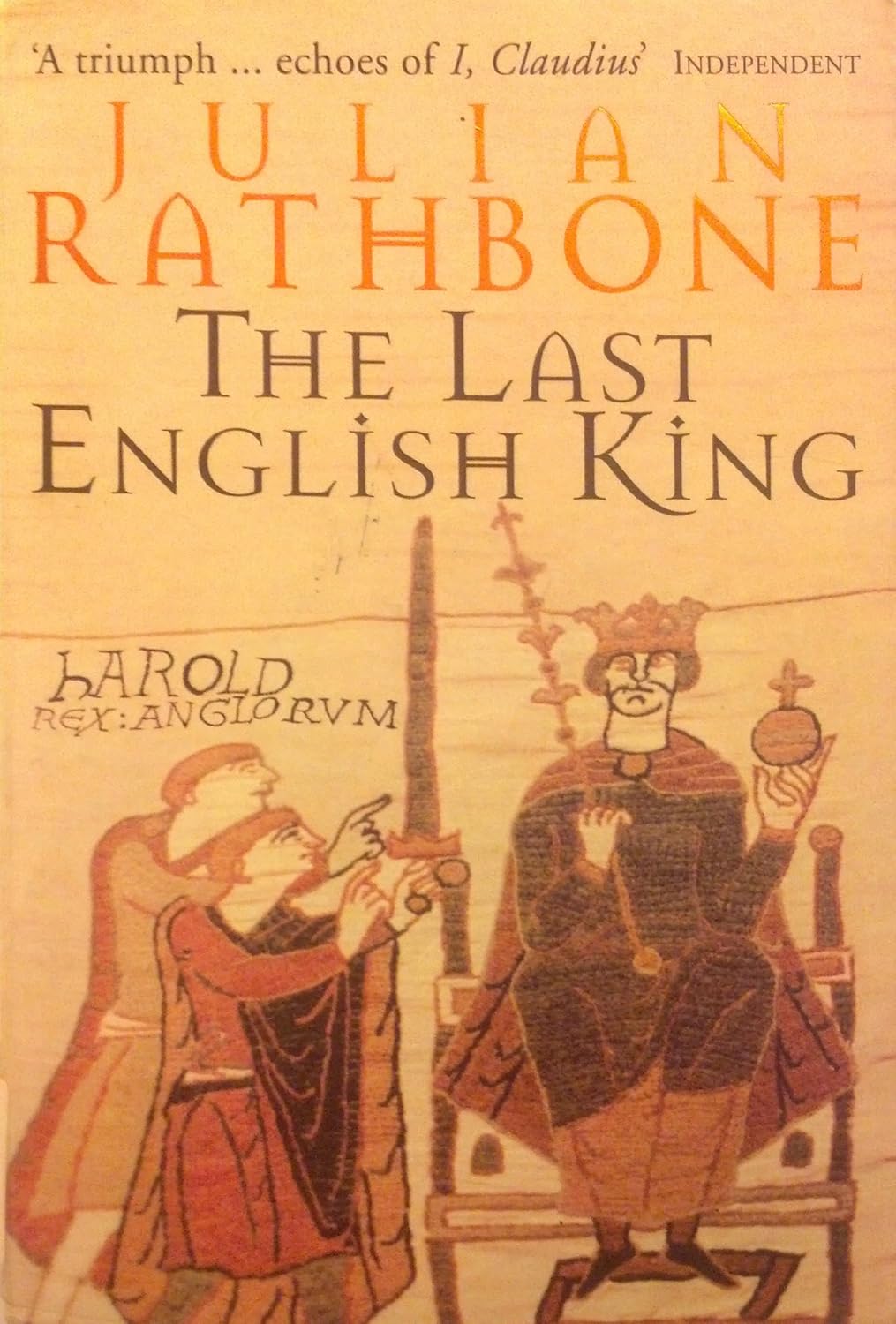About this deal
Principal members of the House of Stuart following the 1603 Union of the Crowns Issue [ edit ] Legitimate issue [ edit ] Name After the death of Queen Elizabeth I without issue in 1603, King James VI of Scotland inherited the English crown as James I of England, joining the crowns of England and Scotland in personal union. By royal proclamation, James styled himself "King of Great Britain", but no such kingdom was actually created until 1707, when England and Scotland united during the reign of Queen Anne to form the new Kingdom of Great Britain, with a single British parliament sitting at Westminster. This marked the end of the Kingdom of England as a sovereign state. The rest of James's body was laid to rest in a triple sarcophagus (consisting of two wooden coffins and one of lead) at the St Edmund's Chapel in the Church of the English Benedictines in the Rue Saint-Jacques, Paris, with a funeral oration by Henri-Emmanuel de Roquette. [1] James was not buried, but put in one of the side chapels. Lights were kept burning round his coffin until the French Revolution. In 1734, the Archbishop of Paris heard evidence to support James's canonisation, but nothing came of it. [1] During the French Revolution, James's tomb was raided. [1] [b] Later Hanover succession [ edit ] James's son was known as "James III and VIII" to his supporters, and "The Old Pretender" to his enemies. Henry I left no legitimate male heirs, his son William Adelin having died in the White Ship disaster of 1120. This ended the direct Norman line of kings in England. Henry named his eldest daughter, Matilda (Countess of Anjou by her second marriage to Geoffrey Plantagenet, Count of Anjou, as well as widow of her first husband, Henry V, Holy Roman Emperor), as his heir. Before naming Matilda as heir, he had been in negotiations to name his nephew Stephen of Blois as his heir. When Henry died, Stephen travelled to England, and in a coup d'etat had himself crowned instead of Matilda. The period which followed is known as The Anarchy, as parties supporting each side fought in open warfare both in Britain and on the continent for the better part of two decades.
Channel naval protection was not a concern, even after Burgundy switched its support at Arras. In the late 1420s, coastal areas like Devon and the Isle of Wight suffered some military engagements against Breton raiders. Bedford himself relied heavily on English financial aid to support his armies [ citation needed] on the Norman frontiers. Local revenue from Normandy, Gascony and Calais was used for expected naval defence fortifications and garrisons in France [ citation needed]. Charles Emmanuel IV of Sardinia (13 July 1807 – 6 October 1819), descended from the youngest daughter of Charles I. In addition two failed claimants to the throne of England were also styled King of France. They are usually omitted from regnal lists.People of England, cease your work and pray, For the glorious victory of Crispin's day; Despite their scorn for Englishmen's renown, The odious might of France came crashing down.
Quinn, Stephen. "The Glorious Revolution". Economic History Association EH.net . Retrieved 3 January 2019. Historians are unclear on Farmer's exact religious affiliation. Macaulay wrote that Farmer "pretended to turn Papist". [111] Prall called him a "Catholic sympathizer". [112] Miller wrote that "although he had not declared himself a Catholic, it was believed he was no longer an Anglican". [113] Ashley did not refer to Farmer by name, but only as the King's Catholic nominee. [114] All these sources agreed that Farmer's bad reputation as a "person of scandalous character" was as much a deterrent to his nomination as his uncertain religious loyalties. [112]Original claimants [ edit ] "Kings of France" (1340) [ edit ] Arms of Edward III, with the English lions and the French fleur-de-lys. The arms of France are in the 1st and 4th quarter as France was considered the senior kingdom. Arguments are made for a few different kings thought to have controlled enough Anglo-Saxon kingdoms to be deemed the first king of England. For example, Offa of Mercia and Egbert of Wessex are sometimes described as kings of England by popular writers, but it is no longer the majority view of historians that their wide dominions are part of a process leading to a unified England. Historian Simon Keynes states, for example, that "Offa was driven by a lust for power, not a vision of English unity; and what he left was a reputation, not a legacy." [2] This refers to a period in the late 8th century when Offa achieved a dominance over many of the kingdoms of southern England, but this did not survive his death in 796. [3] [4] Likewise, in 829 Egbert of Wessex conquered Mercia, but he soon lost control of it. Buachalla, Breandán (1996), Aisling ghéar: na Stíobhartaigh agus an taos léinn, 1603–1788 (in Irish), An Clóchomhar, ISBN 0-903-75899-7
 Great Deal
Great Deal 